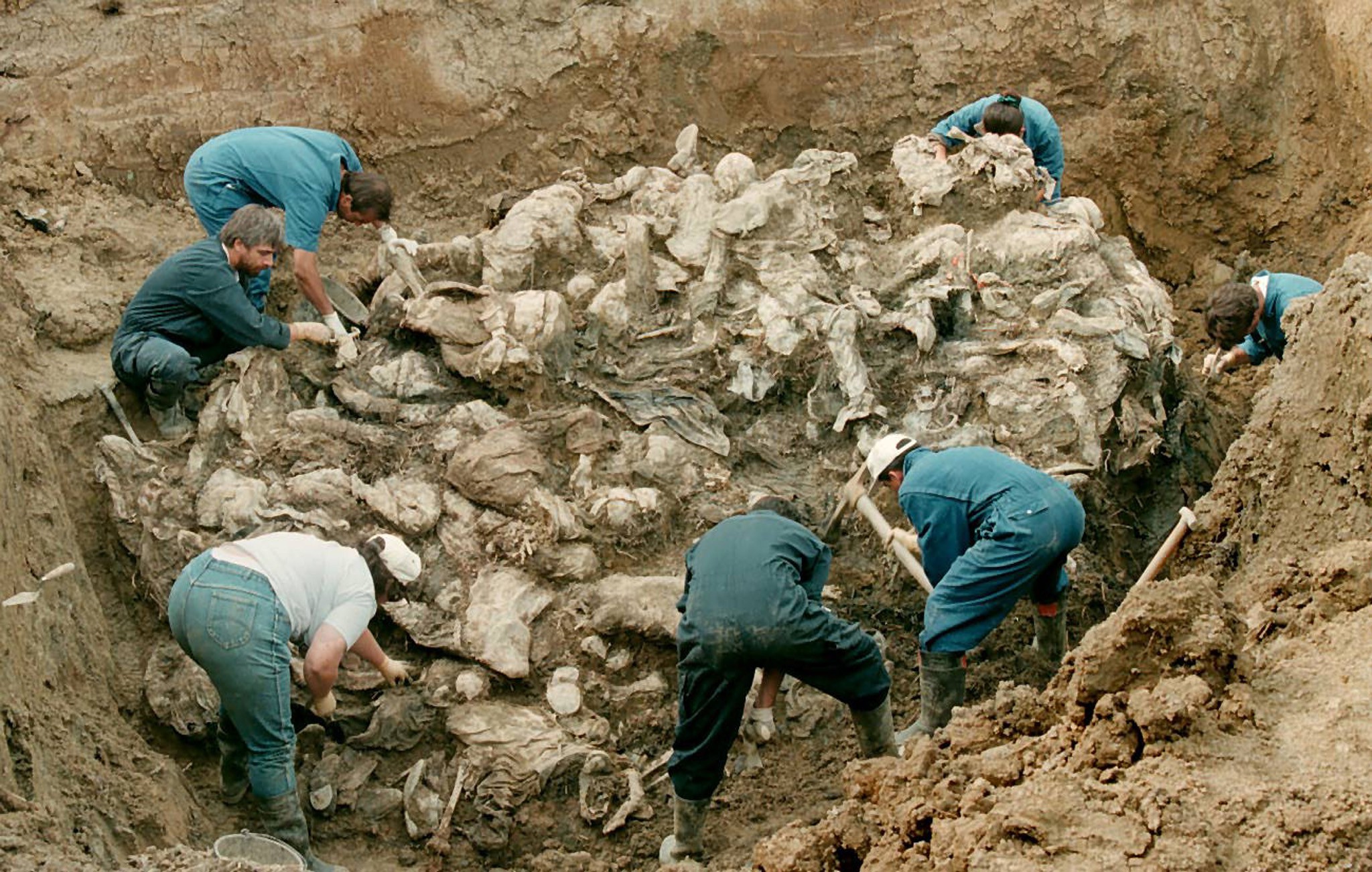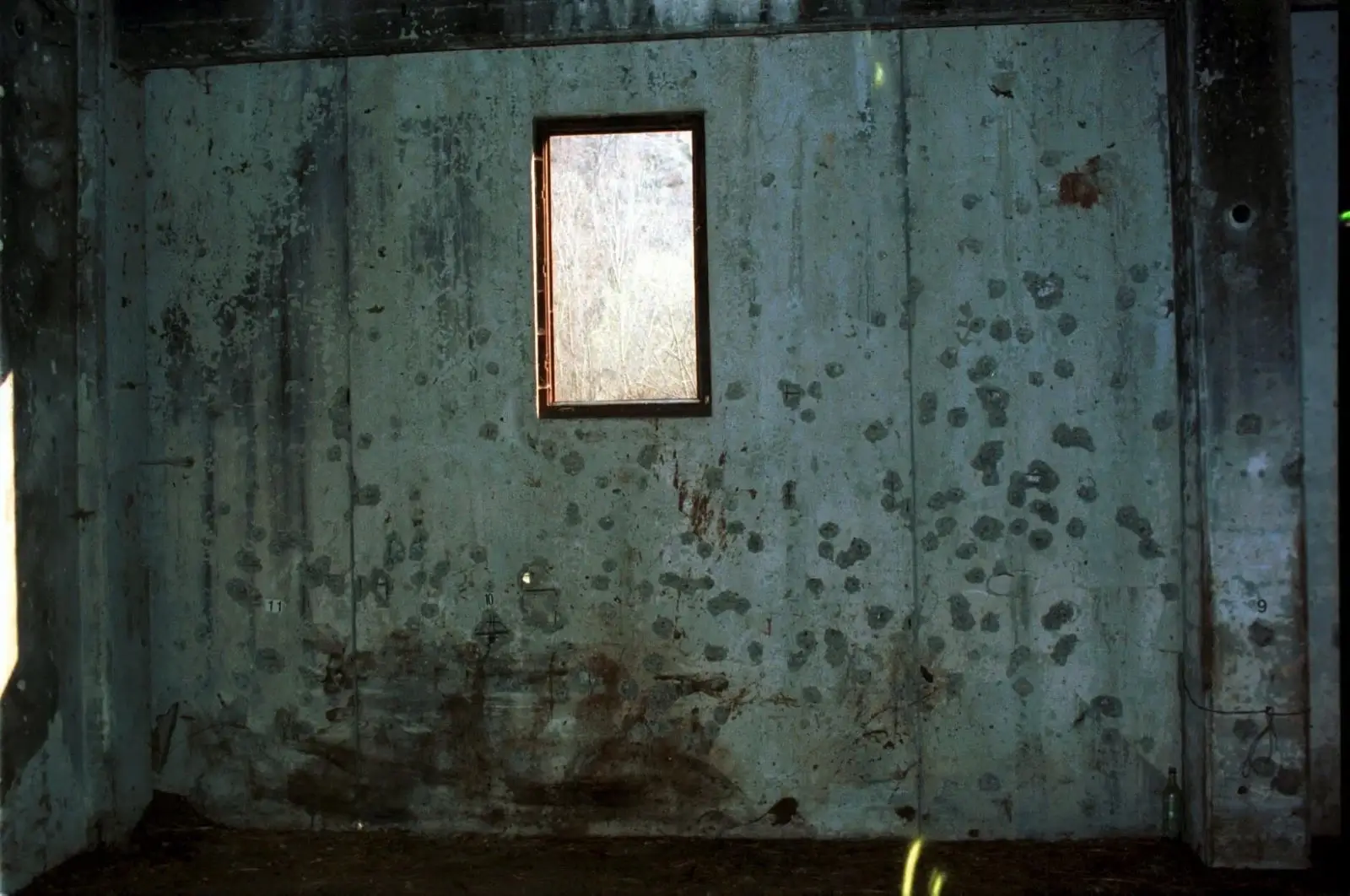Above a bustling plaza on the tourist- lled Knez Mihailova Street in central Belgrade, a large block of white text is sprawled across a building’s facade. The gra ti, which appeared in late May 2024, declares that “the only genocide in the Balkans, [sic] was against the Serbs”. This piece of nationalist “street art” offers a generative glimpse into Serbia’s reaction to the United Nations General Assembly’s (UNGA) adoption of Resolution A/RES/78/282, which designates 11 July as the International Day of Re ection and Commemoration of the 1995 Genocide in Srebrenica (hereinafter: the Resolution).
Passed on 23 May 2024, the Resolution condemns Srebrenica genocide denial and the glori cation of gures convicted of crimes in former Yugoslavia. It was sponsored by the delegations from Germany and Rwanda, as well as 32 cosponsors that included the United States, France, Britain, and Italy, in anticipation of the 30th anniversary of Srebrenica in 2025. The Resolution also requested that the UN Secretary-General provide resources to promote education and awareness about the genocide, amid a climate of nationalist revisionism.
The victims of the Srebrenica genocide received the Resolution enthusiastically. Nura Begović, president of the Mothers of the Enclaves of Srebrenica and Žepa (Majke enklave Srebrenica i Žepa), lauded the e ort, stating:“With the vote, they [the UN] corrected the[ir] part of blame for what happened in 1995 to us. They could have prevented this from happening, and we would have our loved ones today. We want to hail the vote and to tell the world that this is how you seek justice and truth.”
Read articleSources
- Gerstein, Ben, and Hikmet Karčić. "The United Nations General Assembly Resolution on Srebrenica and the Struggle Against Genocide Denial." Comparative Southeast European Studies, vol. 73, no. 1, 2025, pp. 3–35. De Gruyter.







